The flowers and plants listed here are typically the most common ones used in gardening. See more at the ASPCA 's Animal Poison Control Center.
Jump to section:
The ASPCA National Animal Poison Control is available 24 hours a day at 888-426-4435. Expect an initial consultation fee of around $100.00 and additional follow-up is at no charge. You will be assigned a case number your veterinarian can use to communicate with a toxicology specialist before beginning treatment.
If your pet has a HomeAgain microchip, a free poison control consultation is included in the full-service registration. Call 1-888-466-3242.
https://www.homeagain.com/our-services/emergency-medical-hotline
https://www.aspca.org/pet-care/animal-poison-control
Poisonous plants that can potentially kill your pet or cause serious damage:
Azalea
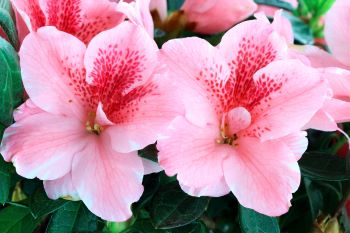
Toxic to cats, dogs, and horses. Contains grayanotoxin which causes cardiovascular collapse, diarrhea, vomiting (in cats and dogs, not horses), and general weakness.
Castor Bean Plant and Beans (also known as Castor Oil Plant, African Wonder Tree, Mole Bean)
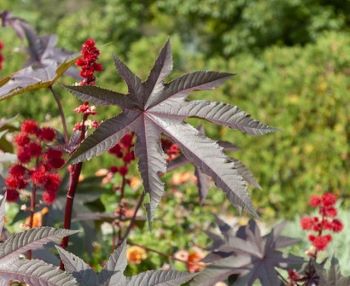
Toxic to cats, dogs, and horses. Beans are extremely toxic and may cause convulsions, oral burning (mouth and throat), thirstiness, diarrhea, and vomiting. Symptoms may start with a loss of appetite, weakness, trembling, breathing issues, fever, and eventual central nervous system shut-down leading to coma and death. These plants contain ricin, a highly toxic chemical that can reach deadly amounts in only one ounce of seeds.
Castor Beans
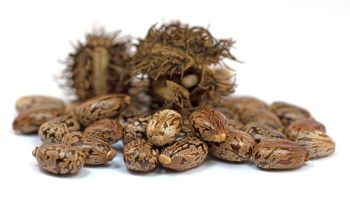
Toxic to cats, dogs, and horses. Lethal if chewed; extremely toxic. They may cause convulsions, oral burning (mouth and throat), thirstiness, diarrhea, vomiting, and even death.
Cyclamen
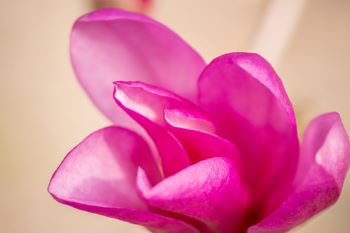
Toxic to cats, dogs, and horses. Causes heart arrhythmias if the root/tuber is eaten in large quantities, otherwise just upset stomach.
Daffodil
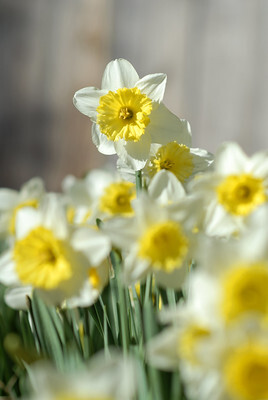
Toxic to cats, dogs, and horses. Daffodils, especially the bulb, cause convulsions, tremors, and heart arrhythmia. Photo courtesy of Karen James, VIN.
Easter Lily
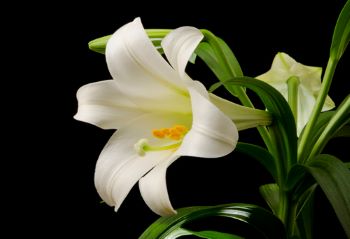
Toxic to cats, non-toxic to dogs and horses. Known to cause kidney failure in cats, inappetence, vomiting, and even death.
Foxglove
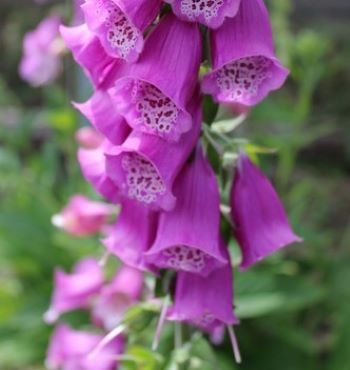
Toxic to cats, dogs, and horses. Affects the heart; may cause arrhythmias and heart failure, diarrhea and vomiting, weakness, and even death.
Oleander
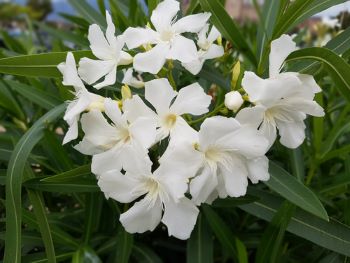
Toxic to dogs, cats, goats, cattle, sheep, rabbits, and horses. Oleander contains chemicals that affect the heart, potentially causing arrhythmias, blood pressure issues, diarrhea, vomiting, neurological signs, and shock.
Sago Palm
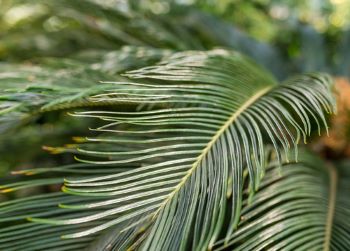
Toxic to cats, dogs, and horses. These plants can cause increased thirst, vomiting, hemorrhagic gastroenteritis causing bloody diarrhea, issues with blood clotting, liver damage, or even failure. Death is possible. Sago palms are often used as potted plants as well as planted outdoors.
Star Gazer Lily
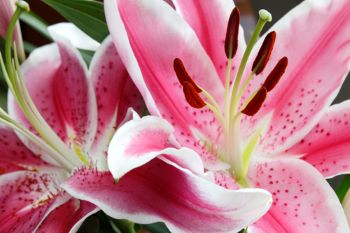
Toxic to cats- Kidney failure, inappetence, lethargy and weakness, vomiting, and even death. Non-toxic to dogs and horses.
Tiger Lily
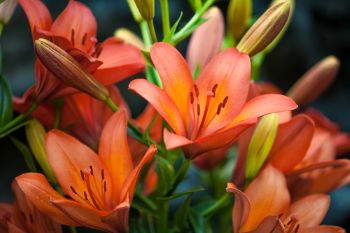
Toxic to cats – Non-toxic to dogs and horses. For cats- inappetence, kidney failure, lethargy, vomiting, and even death are possible. Some tiger lilies have spots. Other daylilies as shown above also cause kidney failure in cats.
Back to top
Toxic plants that are not as dangerous, but may make your pet sick:
Aloe Vera
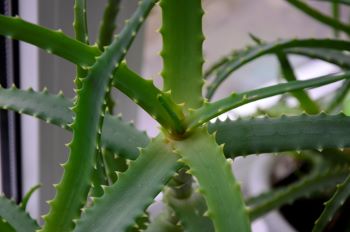
Toxic to cats, dogs, and horses. Diarrhea, lethargy, tremors, and vomiting (although no vomiting in horses) are possible.
Begonia
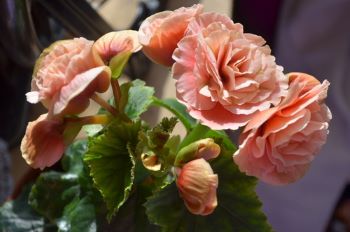
Toxic to cats, dogs, and horses. The most toxic parts of the plant are underground but can cause cats and dogs to salivate and vomit. Oxalate crystals in the plant embed in the mouth causing pain and inflammation. *Kidney failure is possible in grazing animals.
Bird of paradise
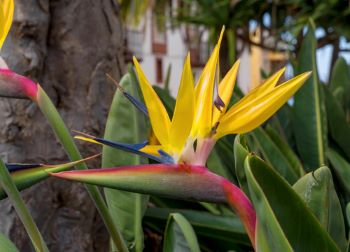
(Strelitzia reginae) Toxic to cats, dogs, and horses. Mainly the seeds and fruit can cause drowsiness, and GI distress (diarrhea and vomiting). *Note: Caesalpinia or Poinciana gilliesii are also known as Bird of Paradise plants and are more toxic.
Bougainvillea
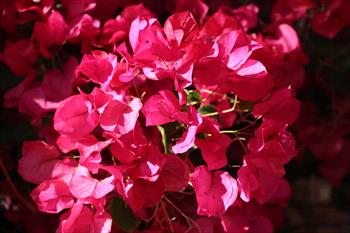
Non-toxic but can cause GI upset and skin/oral/throat irritation and injury from thorns.
Photo by Dr. Teri Ann Oursler
Calla Lily
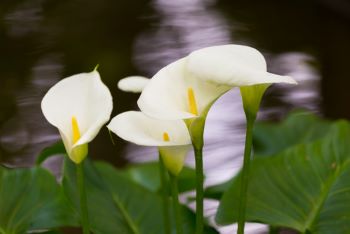
Toxic to cats and dogs- Severe oral (lips, mouth, tongue) burning and irritation may occur in addition to drooling, swallowing difficulty, and vomiting.
Carnation
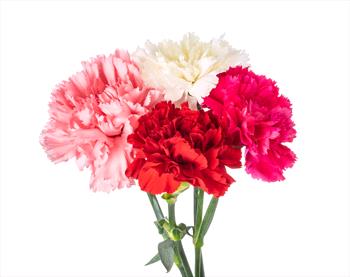
Toxic to cats, dogs, and horses. Carnations exist in many colors (pink, red, white, etc.) and can cause an upset stomach and mild dermatitis (skin irritation and inflammation).
Chrysanthemum
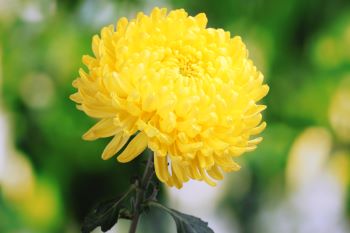
Toxic to cats, dogs, and horses. Causes diarrhea, drooling, incoordination, and vomiting (no vomiting in horses).
Coleus ampoinicus- also known as Spanish Thyme, Stinging Thyme, Indian or Country Borage, and others
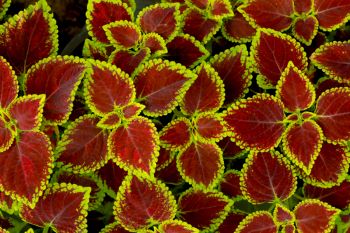
Toxic to cats, dogs, and horses. Causes anorexia, drooling, depression, and incoordination. Diarrhea and vomiting are possible and may be bloody. (No vomiting in horses.)
Cosmos
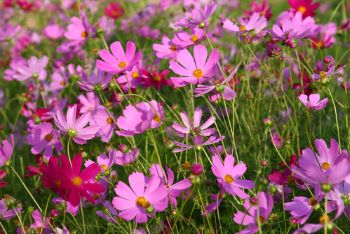
Non-toxic but may cause GI upset in general.
Daisy
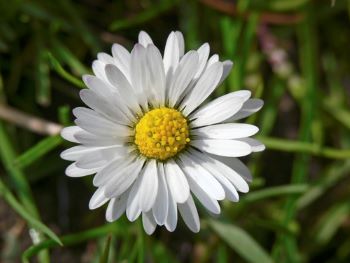
*Daisy is a very common name, and not all plants within the family Asteraceae and called daisy have the same properties (toxic/non-toxic variability). Chrysanthemum species are toxic to dogs and cats and may cause dermatitis, diarrhea and vomiting, hypersalivation and wobbliness/incoordination.
Dumb Cane
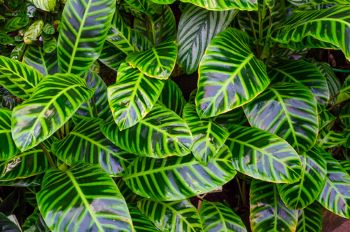
Toxic to cats and dogs- Severe oral (lips, mouth, tongue) burning and irritation may occur in addition to drooling, swallowing difficulty, and vomiting.
Elephant Ear Plant
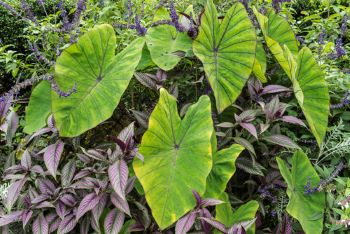
Toxic to cats, dogs, and horses. Causes irritation, pain, and swelling of the mouth (including lips and tongue), trouble swallowing, excessive drooling, and vomiting (no vomiting in horses).
Fleabane
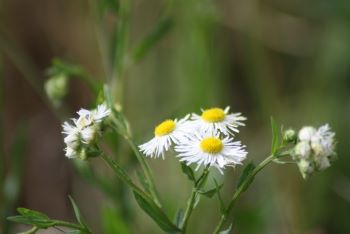
Toxic to cats, dogs, and horses. Fleabane is irritating to the GI tract and skin, causing mild stomach/intestinal upset and dermatitis.
Gardenia
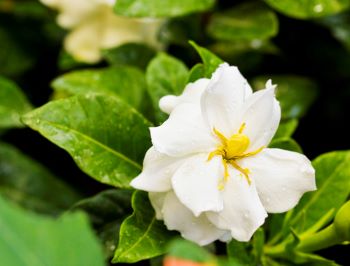
Toxic to cats, dogs, and horses. Causes upset stomach (mild vomiting/diarrhea though no vomiting in horses) and hives.
Geranium (maroon)
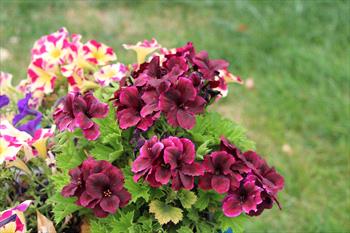
(Pelargonium species) Toxic to cats, dogs, and horses- GI upset, anorexia, vomiting, depression, and skin irritation/dermatitis. Photo by Dr. Teri Ann Oursler
Hibiscus
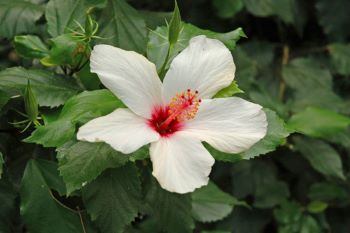
Non-toxic to cats, dogs, and horses, but may cause stomach upset.
Hydrangea
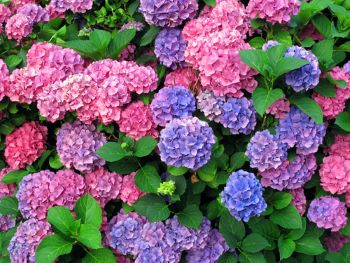
Toxic to cats, dogs, and horses- GI issues may occur including diarrhea and vomiting. Depression and lethargy are also possible.
Iris
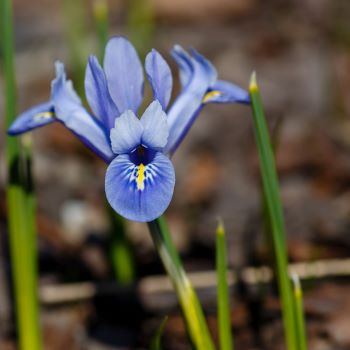
Toxic to cats, dogs, and horses. The bulb is the most toxic part of this plant. Drooling, lethargy, diarrhea and vomiting are possible (no vomiting in horses).
Kalanchoe
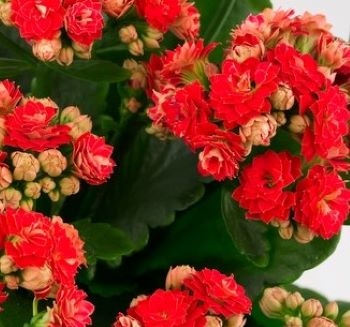
Toxic to cats and dogs. Causes GI upset and rarely can cause heart arrhythmias.
Mother-in-law's Tongue (also known as the Snake Plant)
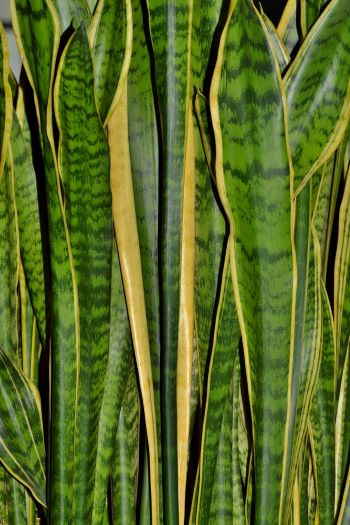
Toxic to cats and dogs- GI upset including diarrhea, nausea, and vomiting may occur.
Peace Lily
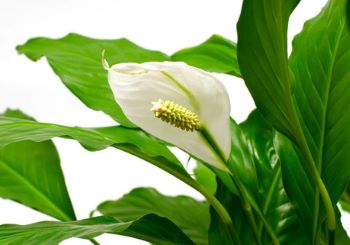
Toxic to cats and dogs- Severe oral (lips, mouth, tongue) burning and irritation may occur in addition to drooling, swallowing difficulty, and vomiting.
Dianthus (or Sweet William- Dianthus caryophyllus)
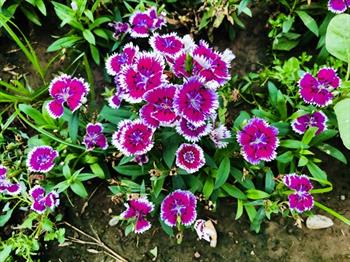
Toxic to dogs and cats. Causes mild upset stomach and dermatitis.
Plumbago
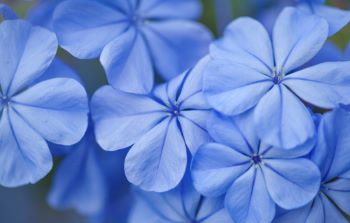
NOTE: Plumbago is a common name for two different plant species. Plumbago species can cause dermatitis in animals. Ceratostigma species are nontoxic.
Poinsettia
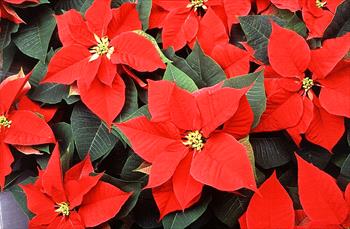
Toxic to cats, dogs, and horses. Causes mouth irritation and upset stomach (including vomiting).
By http://www.ars.usda.gov/is/graphics/photos/k7244-2.htm,
Public Domain.
Primrose
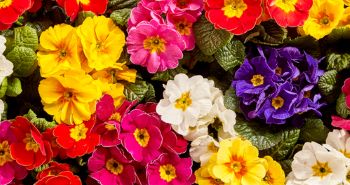
Toxic to cats, dogs, and horses. Causes mild stomach upset, and vomiting.
Back to top
Plants that are safe for your pet:
Alyssum
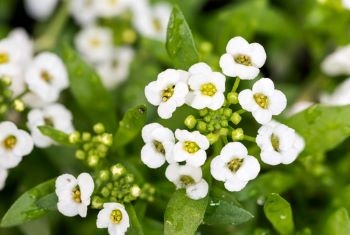
Blue Daisy
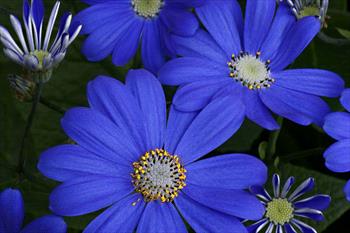
Boston Fern
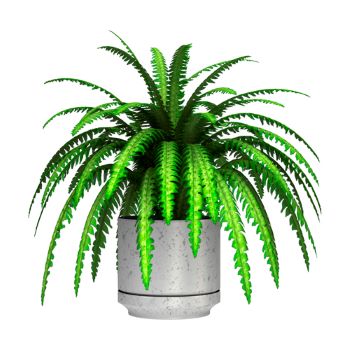
Bottle Brush Flower
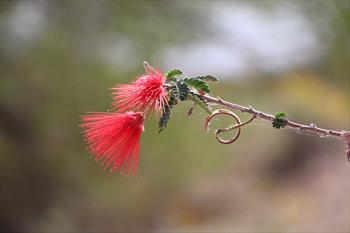
Photo Courtesy Dr. Teri Ann Oursler
Camelia
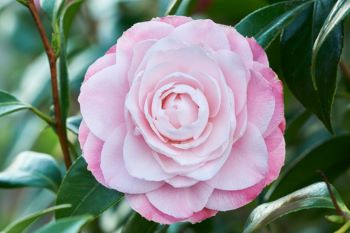
Canna Lily
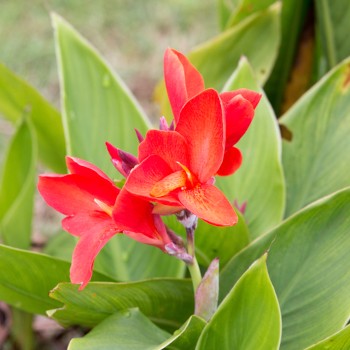
Catnip (Nepeta cataria)
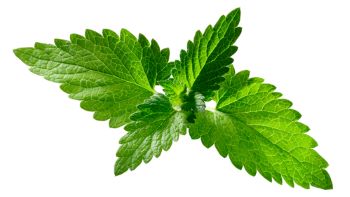
Celosia plumosa
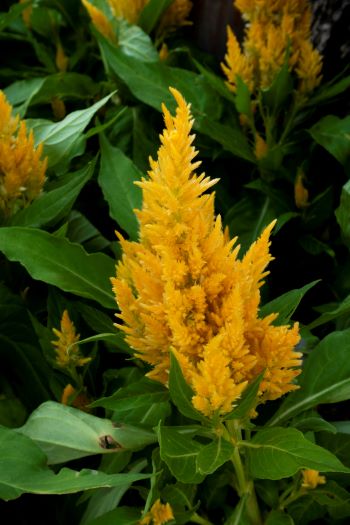
Christmas Cactus
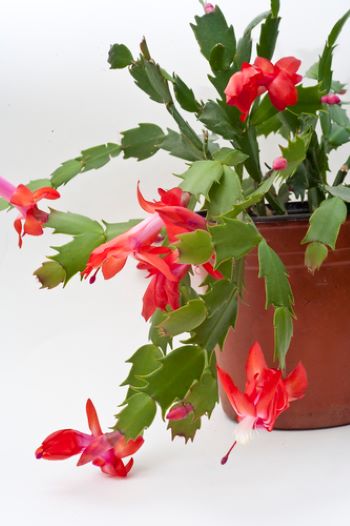
Coreopsis
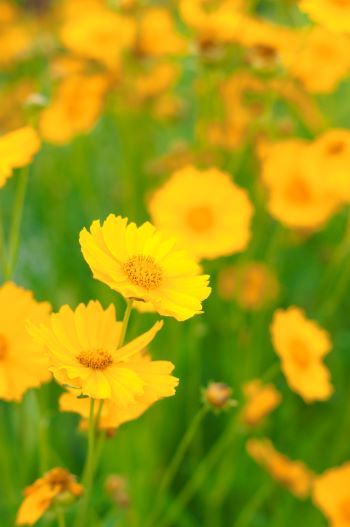
Echeveria Succulents
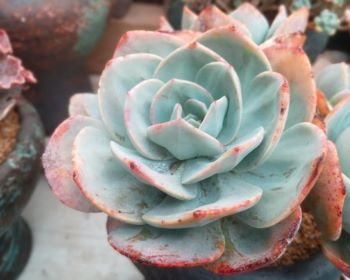
Gerber Daisy
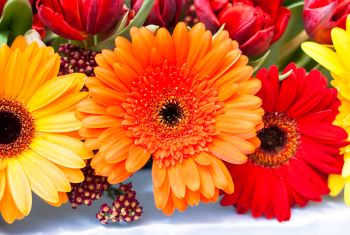
(Gerber or Gerbera Daisy)
Gloxinia
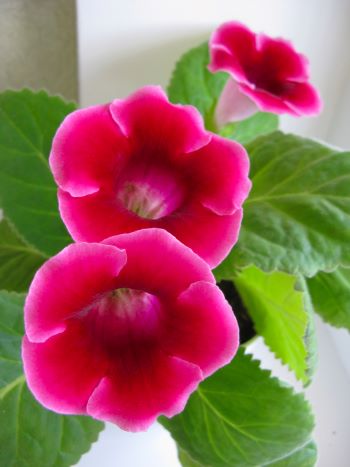
Impatiens
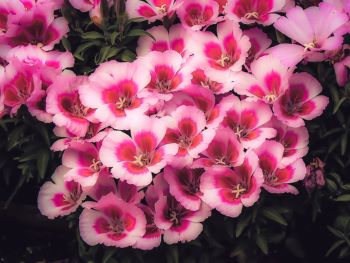
Marigolds
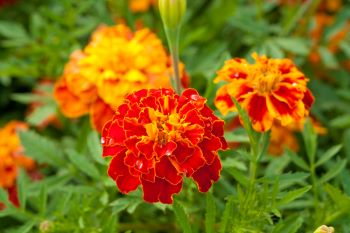
Nasturtiums
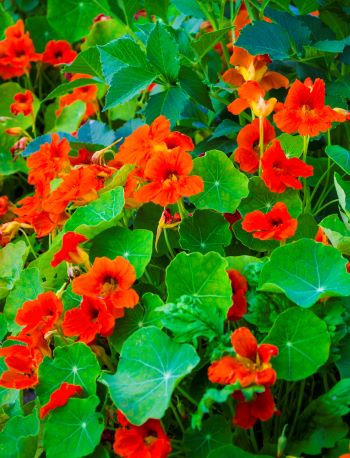
Pampas Grass
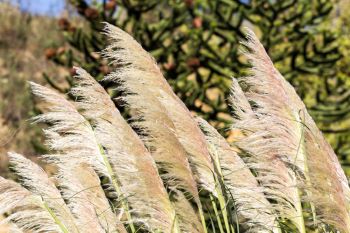
Pansy
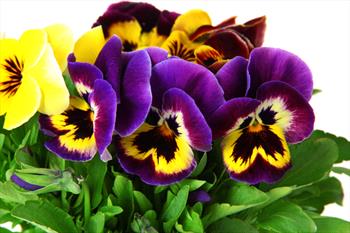
Persian Violet
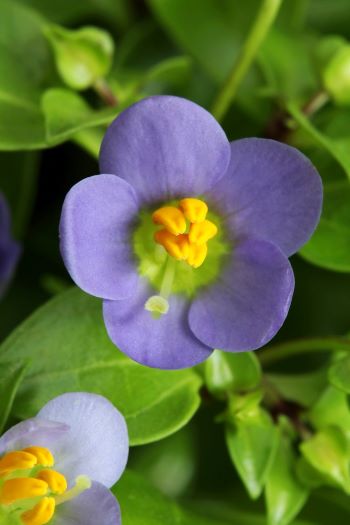
Petunia
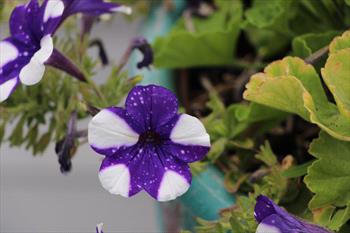
Photo by Dr. Teri Ann Oursler
Polka Dot Plant
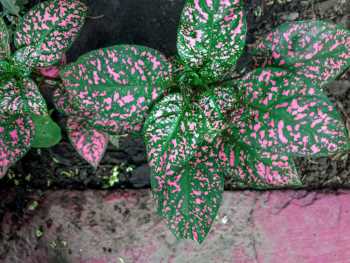
Roses
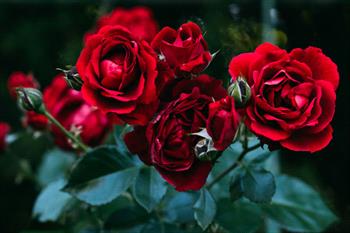
Snapdragons
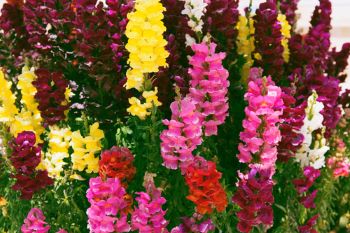
Spider Plant
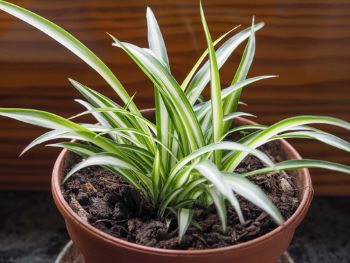
Star Jasmine
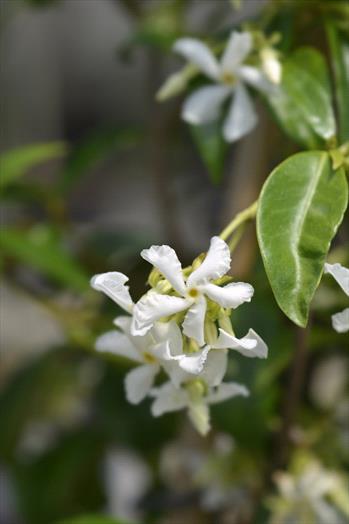
Sunflowers
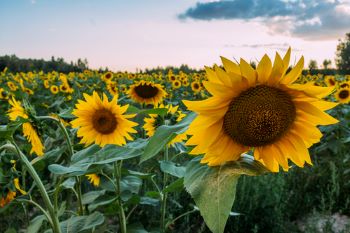
Sword Fern
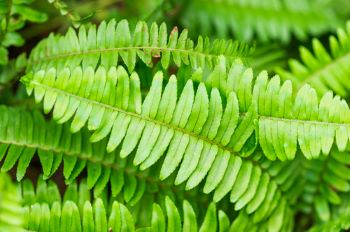
Violet
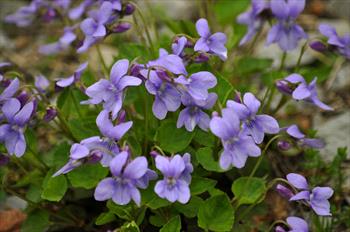
Courtesy of Depositphotos
Zinnia
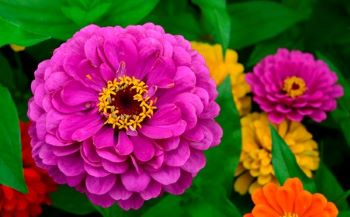
Courtesy of Depositphotos